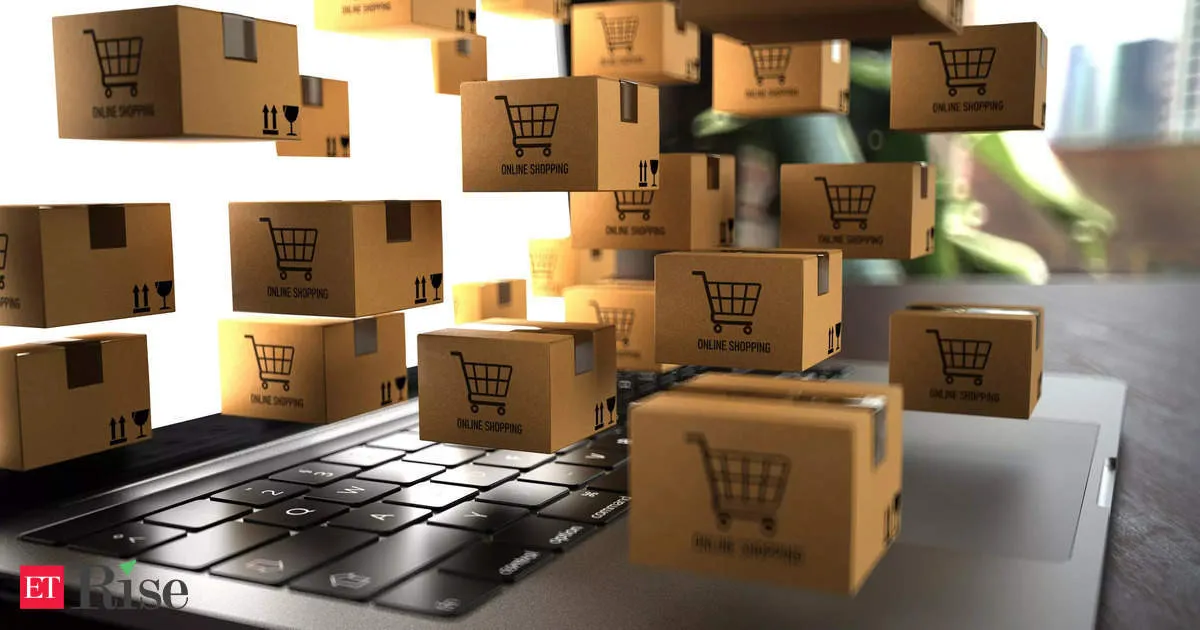India E-Commerce Exports: Challenges and Opportunities Amidst Trade Deficit

Understanding India's E-Commerce Export Landscape
The landscape of India e-commerce exports is currently facing challenges, as the country aims for a target of $200 billion but finds itself at a mere $5 billion. The rise in trade deficit and logistical hurdles impede progress in this sector. Recent reports indicate that India’s merchandise trade deficit reached a record high, highlighting the need for strategic improvements.
Challenges Facing E-Commerce Exports
- Logistical Costs: Rising logistics costs are significantly affecting sectors like fruits and vegetables, leading to unstable export numbers.
- Global Demand Issues: Certain sectors such as apparel and oil face declines due to weakening global demand.
- Regulatory Compliance: Small exporters struggle to meet quality control standards, hindering their competitive edge in international markets.
Government and Technological Solutions
- Support Mechanisms: Experts suggest the government create favorable lending conditions for technology upgrades.
- E-Commerce Ecosystem: Building a robust e-commerce infrastructure could enable MSMEs to reach international markets directly.
- Currently, India lags behind countries like China, which reported significantly higher e-commerce exports.
Prospects for Growth
The potential for India’s e-commerce exports is substantial, with opportunities to reach $20-$25 billion by 2025, provided technological and regulatory frameworks are strengthened. Continuous improvements in logistics and adapting to the e-commerce model will be crucial for the industry.
This article was prepared using information from open sources in accordance with the principles of Ethical Policy. The editorial team is not responsible for absolute accuracy, as it relies on data from the sources referenced.